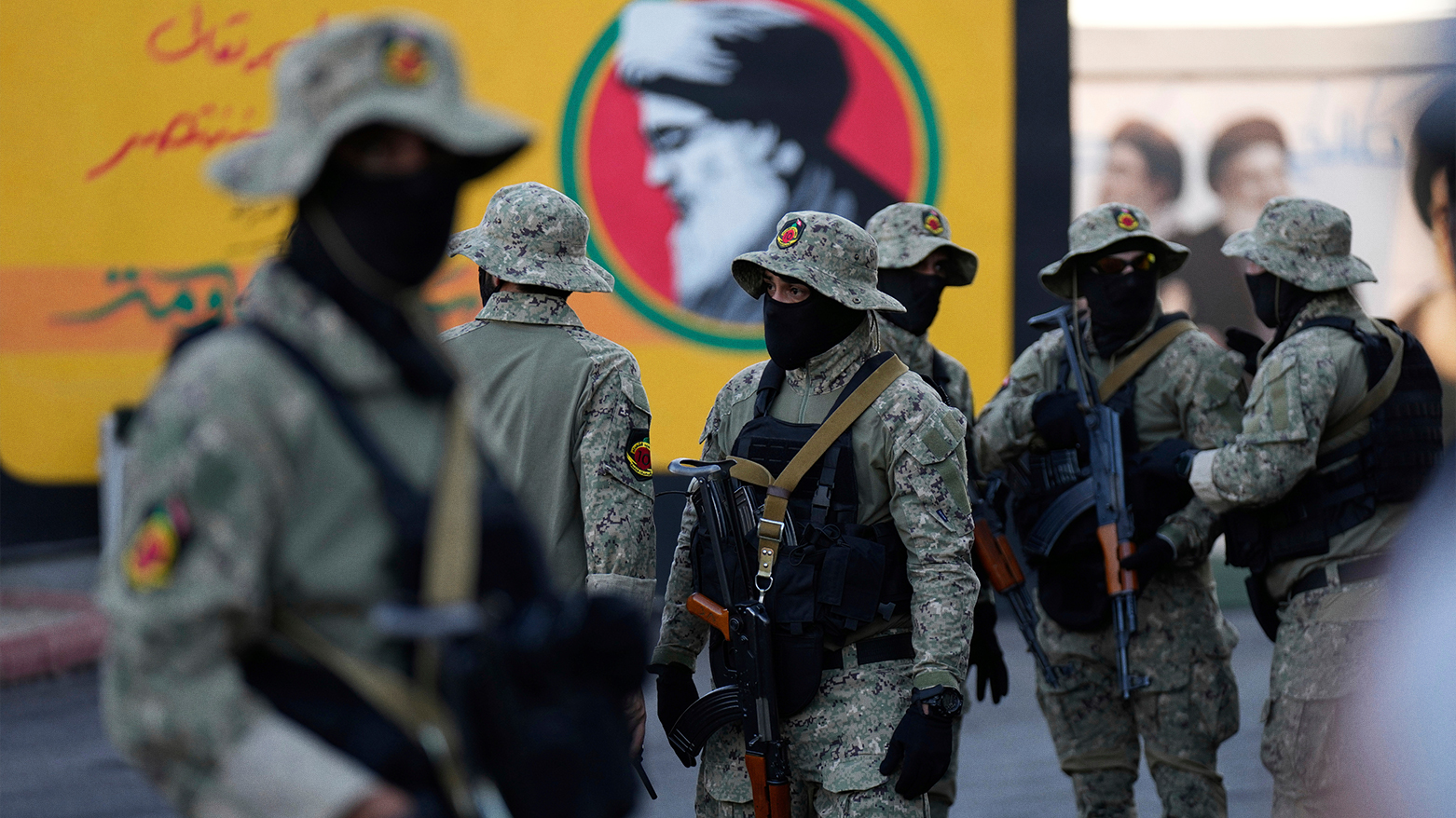Controversial PMF Bill Sparks US Warnings, Iraqi Rejection
A proposed Iraqi law to regulate the PMF has ignited a clash. An Iraqi analyst calls it a sovereign right, while a US expert warns of instability and Iranian influence, highlighting a major US-Iraq dilemma over the bill's passage and its consequences.

ERBIL (Kurdistan24) – A new draft law designed to regulate the status of the Popular Mobilization Forces (PMF) in Iraq has ignited a political firestorm, drawing sharp warnings from the United States about its consequences for the country's stability and meeting firm insistence on its passage from the Shiite-led Coordination Framework. The deep divisions over the bill’s implications for Iraqi sovereignty, regional security, and the US-Iraq partnership were explored in a recent panel discussion.
The dimensions and potential repercussions of the legislation were the central topic on the Kurdistan24 program Basi Rozh (Today's Topic), hosted by Zhino Mohammed. The program featured contrasting viewpoints from Baghdad-based political analyst Sabah al-Akili and US foreign policy expert Justin Thomas, who joined from Los Angeles to dissect the controversy.
Speaking from Baghdad, Sabah al-Akili asserted that the PMF is already an official security institution, established by a parliamentary decision in 2016 and operating under the command of the Commander-in-Chief of the Armed Forces.
He framed the new legislation as a sovereign right and a fulfillment of Prime Minister Mohammed Shia al-Sudani's government reform program, linking it to the political agreements that formed the current government. Al-Akili characterized the American warnings as "blatant interference" in Iraq's internal affairs, stressing that the PMF includes all components of the Iraqi people and has the backing of the religious authority.
He affirmed that the US designation of some PMF leaders as terrorists is an internal American matter that is not binding on Iraq.
In direct contrast, US foreign policy expert Justin Thomas warned that the move to formally integrate the PMF into the state's military apparatus raises serious domestic and international concerns. “There are numerous reasons why this bill is problematic,” Thomas said.
“First and foremost, from a global security perspective, incorporating militias into a national security force is never advisable. We've seen this fail in countries like Sudan, among others. The presence of militias tends to exacerbate internal tensions, rather than alleviate them,” he added.
Thomas emphasized that responsibility for national defense should remain firmly under the control of a professional defense ministry, not irregular armed groups.
He also highlighted the significant geopolitical implications, pointing to well-documented ties between the PMF and Iran. “There is clear evidence of strong connections between the PMF and the Iranian government, especially with the Islamic Revolutionary Guard Corps and the Quds Force,” he noted. “If those links persist, this not only destabilizes Iraq's military structure but also effectively hands Iran another proxy in the region.”
The debate crystallized around the competing principles of sovereignty and security cooperation. When asked about objections from Kurdish and Sunni blocs, al-Akili insisted that Iraqi affairs must be decided within its parliament, free from external pressures.
Thomas, however, explained that Washington views the legislation as an attempt to grant legitimacy to factions with foreign agendas and terrorist designations. This, he argued, complicates security cooperation, places the Iraqi government in the contradictory position of benefiting from US support while integrating a force Washington considers a direct threat, and poses challenges to continued US military support.
The discussion underscores the critical moment facing Iraq, as its government affirms its commitment to what it deems a sovereign decision while the United States escalates its warnings. The controversy leaves open pressing questions about Iraq's ability to balance the obligations of its partnership with Washington against the complex dynamics of its internal security and political landscape.
